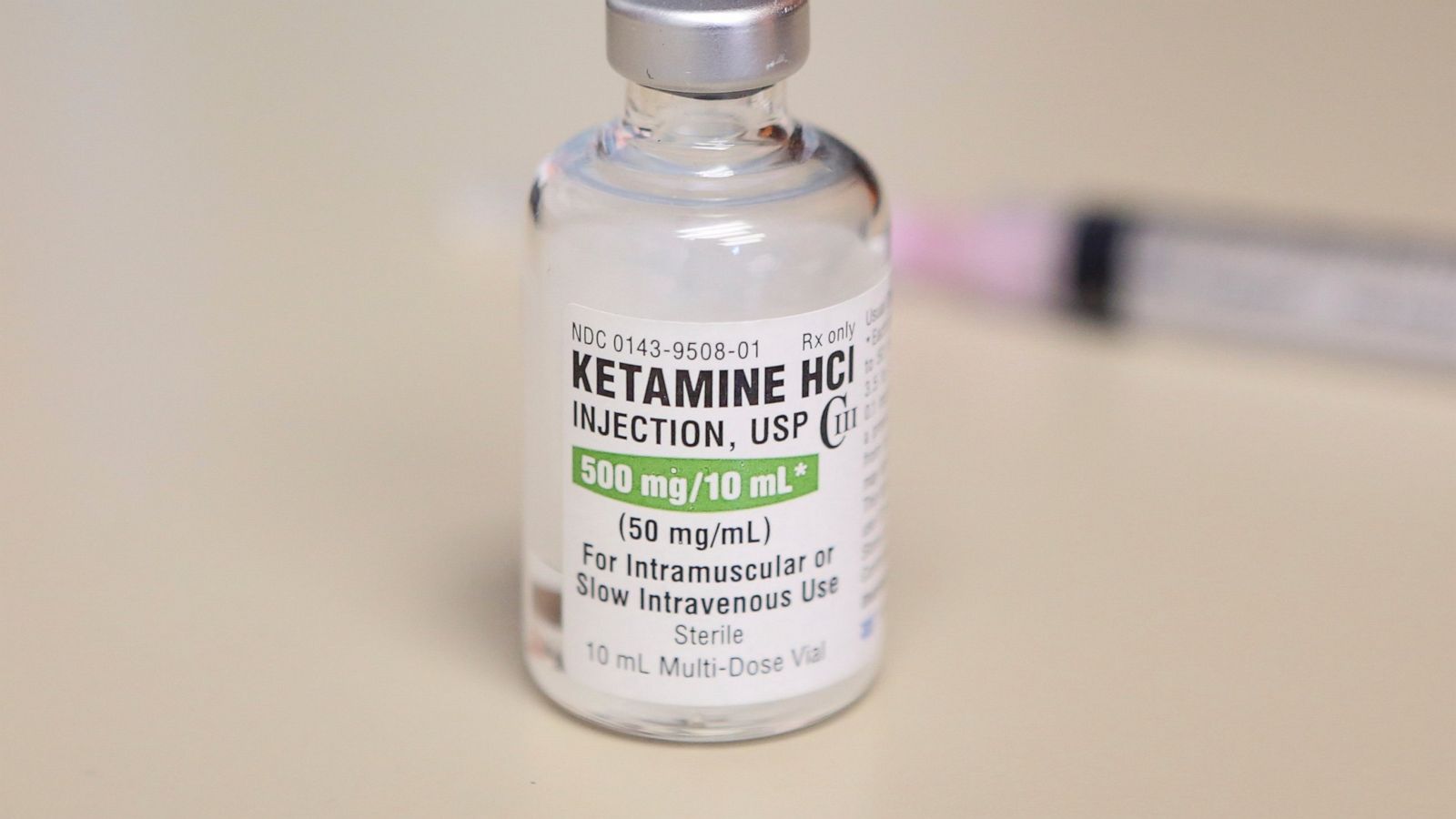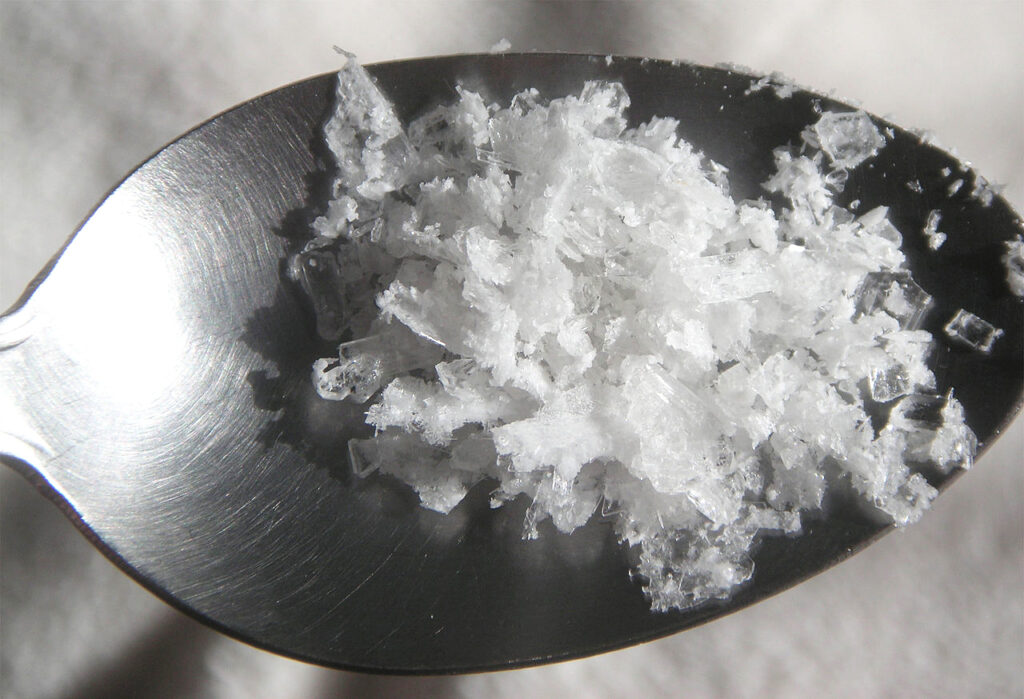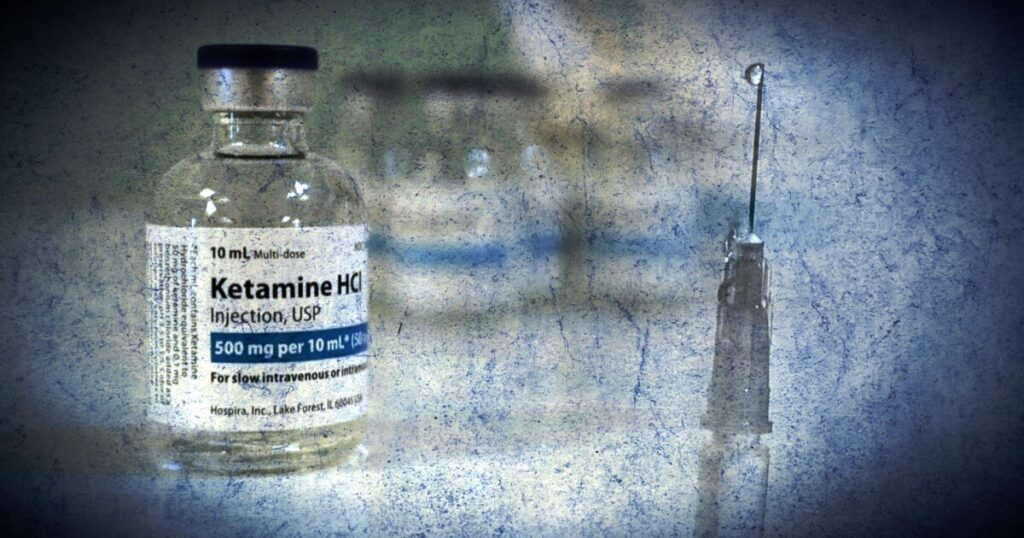What Are the Dangers of Using Ketamine?

In recent years, there has been a concerning trend in the recreational drug scene: the rise in the use of ketamine as a party drug. Once primarily known as a dissociative anaesthetic used in medical settings, ketamine has found its way into the hands of partygoers seeking a unique and mind-altering experience. While some may view it as a harmless way to enhance a night out, it is crucial to understand the addictive potential and health dangers associated with ketamine use.
In this blog post, we will explore the evolution of ketamine from a medical tool to one of the most popular party drugs, delve into the question of its addictive properties, and examine the health risks associated with its recreational use.
The Evolution of Ketamine

Ketamine, also known as “Special K” or “K,” was first developed in the 1960s as an anaesthetic agent for use in medical procedures and surgeries. Its ability to induce dissociation — where users feel detached from their bodies and surroundings — made it valuable in pain management and anaesthesia.
However, over the years, ketamine began to make its way into the recreational drug scene. Its dissociative effects, combined with a relatively low cost compared to other drugs, made it an attractive choice for partygoers looking to experiment with altered states of consciousness. The rise of electronic dance music (EDM) culture in the 1990s and 2000s further facilitated the spread of ketamine use at parties and raves.
Is Ketamine Addictive?
One of the primary concerns surrounding ketamine’s recreational use is its addictive potential. We spoke to Danielle Byatt, Addiction Treatment Counsellor, Treatment Director and Co-Founder of Step by Step Recovery, a residential rehab facility in Essex, for her views on ketamine addiction. She told us,
“While ketamine may not be as inherently addictive as opioids or stimulants, it still poses risks for addiction. The effects of Ketamine include emotional detachment and euphoria, which can often lead to psychological addiction as individuals turn to it to cope with stress or negative emotions.”
What Are Ketamine Withdrawal Symptoms?

Withdrawal symptoms from ketamine can vary in intensity and duration depending on factors such as the individual’s frequency and duration of use, the amount consumed and the overall health of the individual. Ketamine withdrawal is generally not as severe as withdrawal from substances like opioids or alcohol, but it can still be uncomfortable and challenging.
The withdrawal timeline typically progresses in stages, with symptoms appearing shortly after the last dose and gradually diminishing over time. Here’s an overview of the withdrawal symptoms and their general timelines:
Early withdrawal (within 24-72 hours)
During the initial phase of ketamine withdrawal, individuals may experience symptoms such as:
- Anxiety
- Irritability
- Depression
- Restlessness
- Fatigue
- Cravings for ketamine.
Peak withdrawal (days three to five)
Withdrawal symptoms tend to peak around the third to fifth day after the last ketamine use. At this stage, individuals may experience more intense symptoms, including:
- Strong cravings for ketamine
- Mood swings
- Increased anxiety and depression
- Insomnia or disrupted sleep patterns
- Difficulty concentrating.
Subacute withdrawal (Days 6-14)
Over the next week or two, symptoms may gradually begin to subside. However, some individuals may still experience residual effects, such as:
- Lingering anxiety or depression
- Fatigue and low energy
- Mood fluctuations
- Sleep disturbances.
Post-acute withdrawal syndrome (PAWS)

Some individuals may experience a more extended period of withdrawal symptoms known as Post-acute withdrawal syndrome (PAWS). PAWS can last for several weeks to months after discontinuing ketamine use and may include:
- Persistent mood swings and emotional instability
- Cravings for ketamine
- Sleep disturbances
- Cognitive difficulties, including memory and concentration problems
- Anxiety and depression.
It’s important to note that the severity and duration of withdrawal symptoms can vary widely from person to person. Additionally, individuals with a history of chronic or heavy ketamine use may be at a higher risk of experiencing more pronounced withdrawal symptoms.
Managing Ketamine Withdrawal Symptoms
Managing ketamine withdrawal should be done under the guidance of a healthcare professional or addiction specialist. Treatment options may include:
- Medical detoxification — In some cases, a medically supervised detox may be recommended to manage severe withdrawal symptoms and prevent complications.
- Psychological support — Therapy, counselling and support groups can help individuals address the psychological aspects of addiction and develop coping strategies for cravings and emotional challenges.
- Medications —There are currently no specific medications approved for ketamine withdrawal, but some medications may be used to address certain withdrawal symptoms, such as anxiety or depression.
- Lifestyle changes: Adopting a healthy lifestyle, including regular exercise, a balanced diet and adequate sleep, can contribute to a smoother withdrawal process and improved overall well-being.
Trying to give up ketamine can be very difficult, and although it is not physically addictive, the effects of psychological addiction are extremely powerful. Substance abuse treatment programs and healthcare providers can offer tailored strategies and support to help individuals safely navigate the withdrawal process and work towards recovery.
Health Dangers of Ketamine Use

The recreational use of ketamine is associated with a range of health risks, some of which can be severe and even life-threatening. These dangers include:
Physical health risks — Frequent use of ketamine can damage the urinary tract, leading to a painful condition known as ketamine-induced cystitis. In severe cases, this can lead to permanent urinary incontinence.
Mental health risks — Chronic ketamine use has been linked to cognitive impairments, including memory and attention deficits. The drug’s dissociative effects can exacerbate existing mental health issues, such as anxiety and depression.
Risk of overdose — Ketamine can cause respiratory depression, leading to breathing difficulties and death.
What Is the Best Type of Ketamine Addiction Treatment
The most effective type of ketamine addiction treatment can vary from person to person, as it should be tailored to the individual’s specific needs and circumstances. Successful addiction treatment often involves a combination of approaches that address both the physical and psychological aspects of addiction. Everyone is entitled to support and addiction treatment through the NHS.
Here are some key components of effective ketamine addiction treatment:
Assessment and evaluation — Before determining the most suitable treatment plan, individuals should undergo a comprehensive assessment and evaluation by a qualified healthcare professional or addiction specialist. This assessment helps identify the extent of the addiction, any co-occurring mental health issues, and other factors that may impact treatment decisions.
Outpatient treatment — Outpatient treatment programs are more flexible and allow individuals to receive treatment while living at home. They are suitable for those with milder forms of addiction or for individuals who have completed inpatient treatment and need ongoing support.
Inpatient Rehab for Ketamine Addiction

Inpatient or residential treatment programs at rehab centres can be difficult to access through the NHS. These programs are reserved for individuals with severe addiction or those who require a higher level of care. They provide a supportive and immersive environment for recovery.
There are various components of addiction treatment in a residential rehab, which may include:
- Medical detoxification — For individuals with severe ketamine addiction, a medically supervised detoxification process may be necessary to safely manage withdrawal symptoms. Medical detox provides 24/7 monitoring and medical support to ensure the individual’s safety during the withdrawal phase.
- Behavioral therapy —Behavioral therapy is a cornerstone of addiction treatment. Cognitive-behavioural therapy (CBT) and contingency management are commonly used to help individuals change their thought patterns and behaviours related to drug use. These therapies can address cravings, triggers and coping strategies.
- Group therapy — Group therapy sessions allow individuals to share their experiences, gain support from peers and learn from others in similar situations. Group therapy can also help reduce feelings of isolation and build a sense of community.
- Individual counselling —Individual counselling sessions with a therapist or counsellor allow individuals to explore the underlying causes of their addiction, work on personal issues and develop strategies for maintaining sobriety.
- Dual diagnosis treatment — Many individuals with ketamine addiction also have co-occurring mental health disorders. Dual-diagnosis treatment addresses both addiction and mental health issues simultaneously, increasing the chances of long-term recovery.
- Holistic approaches — Some individuals benefit from holistic therapies like yoga, meditation, art therapy and acupuncture as complementary tools for managing stress and promoting overall well-being.
- Relapse prevention — Learning relapse prevention strategies is essential to maintaining sobriety. Treatment programs often teach individuals how to identify triggers, develop coping skills and create a relapse prevention plan.
- Aftercare and support — The transition from formal treatment to everyday life can be challenging. Aftercare programs, such as outpatient follow-up, support groups and ongoing therapy, provide ongoing support and help individuals stay on track with their recovery.
The best type of ketamine addiction treatment should be determined in consultation with a healthcare professional or addiction specialist who can assess the individual’s unique needs and recommend an appropriate treatment plan.
Additionally, family and social support play a crucial role in the recovery process, so involving loved ones in the treatment and support network can be highly beneficial. Ultimately, the most effective treatment is one that is comprehensive, evidence-based, and tailored to the individual’s specific circumstances.




